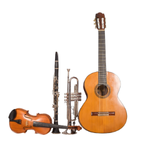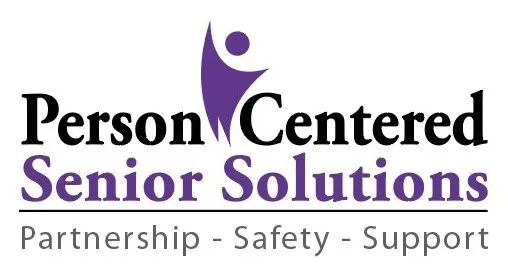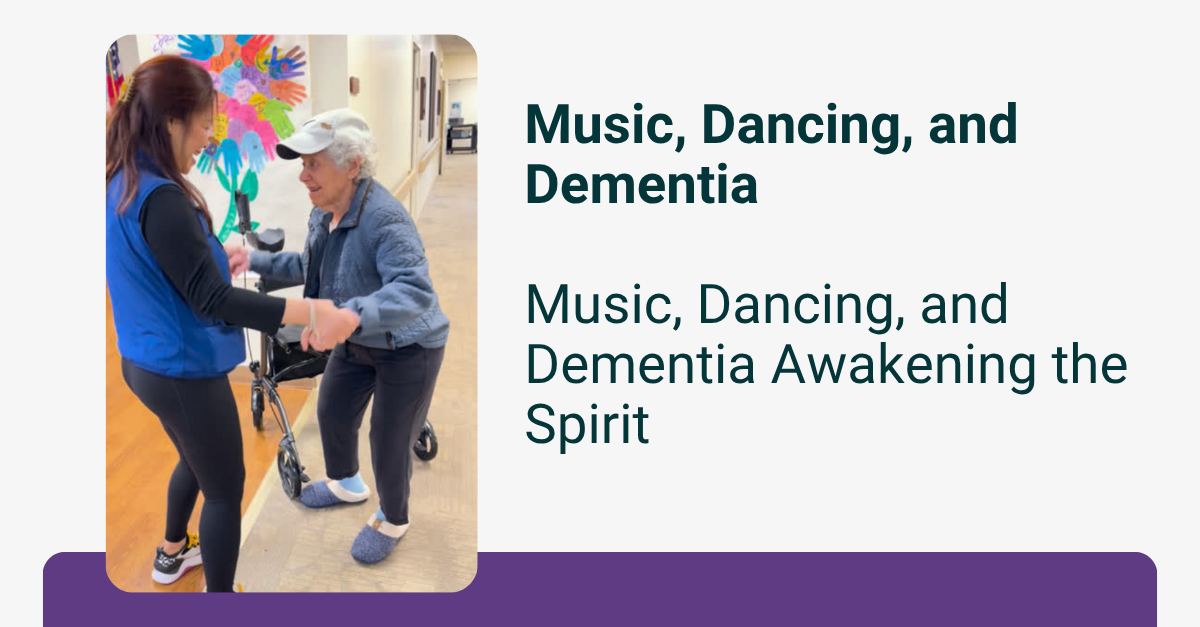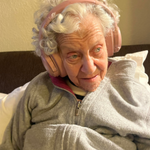Awakening the Spirit Through Music and Movement
There’s something truly magical about music when it comes to dementia care. In my experience with my mom, music has a unique power to wake her up emotionally, mentally, and physically. You may have seen it too: someone who can no longer walk will still dance, or someone who struggles to speak can sing songs from their past with clarity and joy.
Why Music Matters in Dementia Care

Scientific research supports what many caregivers have witnessed firsthand. Music activates multiple areas of the brain, especially those tied to memory and emotion—regions often preserved even in the late stages of dementia. When familiar songs play, people with dementia often show improved mood, alertness, and engagement. For my mom, music sparks recognition and connection. Her eyes brighten, her face lifts, and she becomes present in a way that other activities rarely achieve.
Dancing: Gentle Movement, Profound Impact
Dance brings its own kind of healing. Whether it’s a slow sway, toe tapping, or clapping along to the rhythm, these simple movements engage the body and lift the spirit. Dancing encourages physical activity, improves balance and flexibility, and can help reduce anxiety. Most importantly, it creates moments of joy and connection—no words necessary.
Learn about our personalized dementia support services here.
The Science Behind Music and Dementia
- Neurological Activation: Music stimulates emotional memory centers in the brain, even when other cognitive functions decline.
- Endorphin Release: Listening to and moving with music releases endorphins, which help reduce pain and stress while improving mood.
- Motor and Cognitive Health: Gentle dancing enhances coordination and can help preserve mobility, which is often compromised in people living with Alzheimer’s or other forms of dementia.
Benefits of Music and Dance in Dementia Care
- Reduces agitation and anxiety
- Encourages social engagement
- Improves mood and emotional well-being
- Boosts memory recall and communication
- Enhances physical coordination and flexibility
How to Use Music and Dance in Daily Dementia Care
If you’re a family caregiver or senior care professional looking for ways to support someone living with dementia, here are some proven strategies:
Tips for Using Music and Dance with Dementia
- Choose Familiar Tunes: Start with music from the person’s youth or important life moments. These songs often have the strongest emotional connections.
- Keep it Simple: Use clear, repetitive songs that are easy to sing or hum along with. Avoid overly complex or fast-paced music that might cause confusion.
- Create a Comfortable Space: Make sure the environment is calm and free of distractions so the person can focus on the music and movement.
- Encourage Participation: Whether it’s clapping hands, tapping feet, gentle dancing, or swaying, even small movements help engage the person physically and emotionally.
- Use Music and Dance to Calm or Energize: Slow, soft music and gentle movements can soothe agitation or anxiety, while upbeat tunes and lively dancing can uplift mood and encourage activity.
- Be Patient and Flexible: Let the person respond in their own way and time. If they don’t want to move or sing, just listening together can be meaningful.
- Incorporate Music and Movement into Daily Routines: Playing favorite songs during mealtimes, bathing, or rest periods can create comforting rituals and positive associations.
- Explore Different Genres: Some people respond better to classical, jazz, folk, or religious music—experiment to find what resonates best.
- Use Technology: Simple tools like playlists on phones or tablets, or music players with large buttons, can make music and dance more accessible.
- Seek Support: There are professional music/dance therapists that specialized in programs designed specifically for people with dementia—consider joining or consulting a certified therapist.
Creating Connection Beyond Words
Music and dance do more than entertain—they help bridge the gap between who a person was and who they are today. These tools remind us that even when memories fade, joy, rhythm, and emotional connection can still thrive.
Interested in Learning More? Explore how PC Senior Solutions can support your caregiving journey with personalized dementia support and professional training programs designed to build confidence and compassion in care teams.


